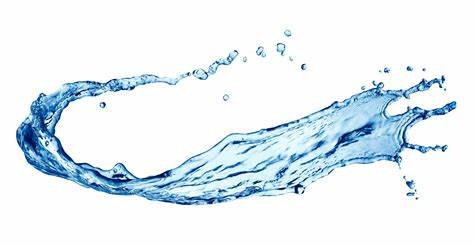
You have probably heard that it is very important to stay hydrated. Whether you exercise strenuously or not, keeping fluid in your body at all times is crucial for your everyday performance and function.
Here are some interesting facts that will give you some insight on some of the roles water plays in AND for your body:
- 75% of people are chrinically dehydrated
- Humans are made up of about 60% of water
- Fat tissues are around 25% water
- Brain and Muscle tissue are 75% water
- Blood is around 83% water
- Eyes are about 95%
- Water in the body is responsible for transporting and dissolving substances, temperature regulation, lubricating tissues, starting chemical reactions, provides minerals
- We get our fluids from food, drink, and also through our skin
- On average we get about 4 cups of water from the food we eat
- We crave water after eating something salty
- We crave water after drinking alcohol
- There is a slight lag time between losing fluid and being thirsty
- The average adult needs about 12 cups of water (minus 4 since it comes from food)
- Babies and children dehydrate faster than adults
- Larger people require more water
- If you are sick, you need more water and electrolyte replenishment
- If you exercise or train hard, you will need up to 24 cups of water per day
- The general rule of thumb for hydration is to drink 30-40 mL of water for every kilogram of body weight
- We lose .4-.5 mL of water per kilogram of bodyweight through our skin daily
- We lose about .5-2 mL of water per kilogram of bodyweight through sweating during exercise
- We lose water through feces and urine
- Taking in more water than we are losing is called hyponatremia
- Losing as little as .5% of water during exercise puts a strain on the heart
- Losing 1% reduces aerobic endurance
- Losing 3% reduces muscular endurance
- When you’ve reached 4% water loss during exercise, you’ve reduced muscle strength, reduced motor skills, and face heat cramps
- 5% water loss you face heat exhaustion, cramping, and fatigue, reduced mental capacity
- At 6% water loss, you face physical exhaustion, heat stroke and coma
- Anywhere over 10-20%, facing death
- Allergies and asthma can be linked to dehydration
- We don’t usually notice thirst until about 1-2% of body water is lost
- We lose more water when we eat more protein through urea (byproduct of protein break down) removal.
How much water are you drinking daily?
